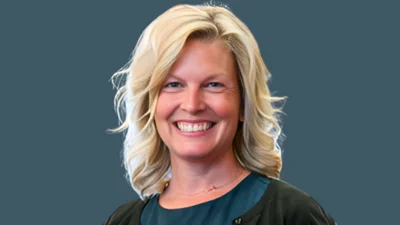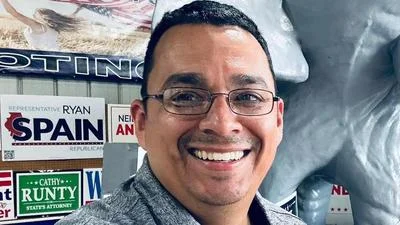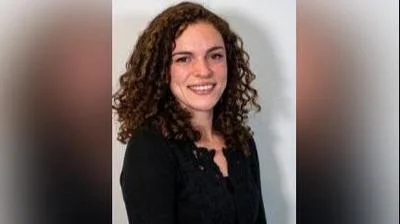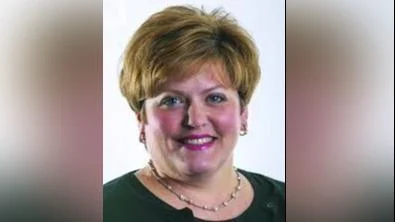Black people was the most represented minority living in taxpayer-funded public housing in 2021, amounting to 6% of the 325 people living in public housing.
The percentage of Black people living in public housing in Lee County was unchanged from the previous year.
Public housing options in Lee County were 91% occupied during the year.
The occupancy rate increased by 1% over the previous year, with four more people requiring public housing.
Public housing throughout the U.S. costs billions each year. The Department of Housing and Urban Development requested a budget of nearly $72 billion in 2023, which is almost $12 billion more than the previous year. This didn’t include an additional request for $35 billion to create new public housing units.The high cost of taxpayer-funded public housing has come under scrutiny from both sides of the political spectrum.
Brookings Institute, a left-leaning think tank, found that directions given by the government about creating public housing are vague and involve municipalities that shouldn’t bear such a heavy responsibility. The Institute called public housing a short-term solution that’s too expensive.
Scott Beyer, owner of the right-leaning Market Urbanism Report, said public housing suffers due to government involvement, and claimed money is being wasted since there are so few qualified organizations to operate the public housing units.
He said taxpayer-funded public housing is built “in the most expensive way possible, sticking units in nice neighborhoods and building them to an unnecessarily high standard."
| Public Housing Project | Total # of People Living in Project | % Minority | % Change From Prior Year |
|---|---|---|---|
| IL Lee County 17103 | 325 | 14% | 0% |





 Alerts Sign-up
Alerts Sign-up